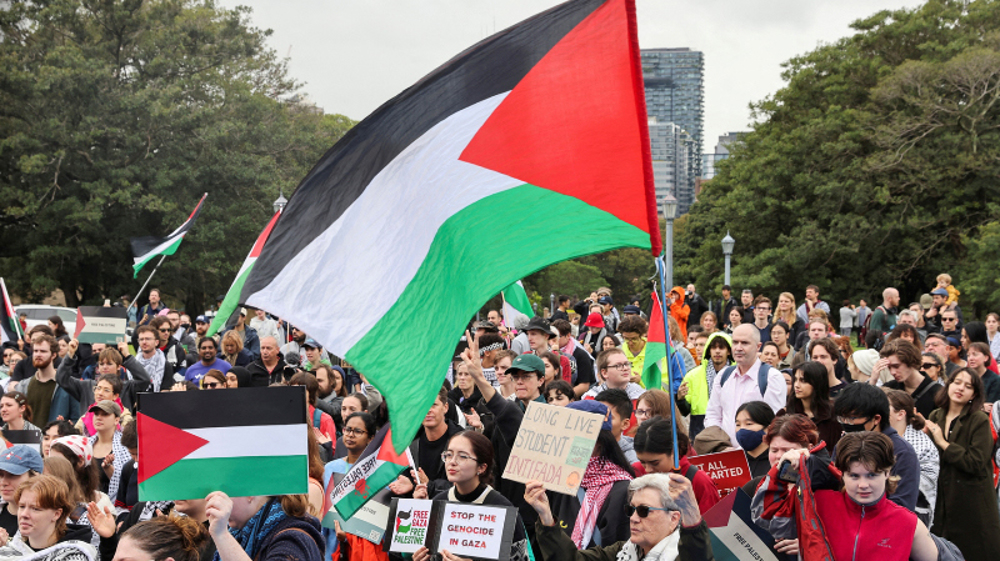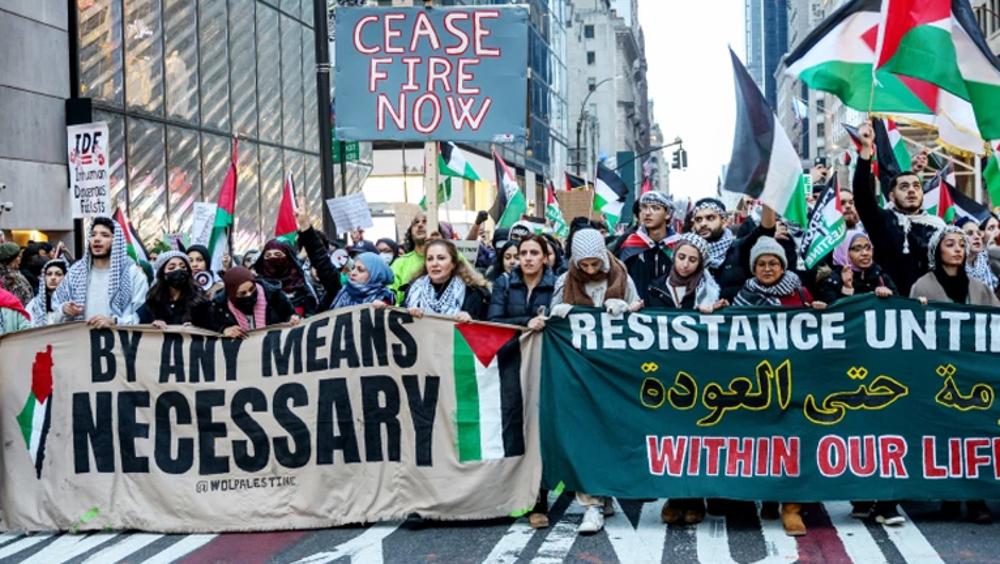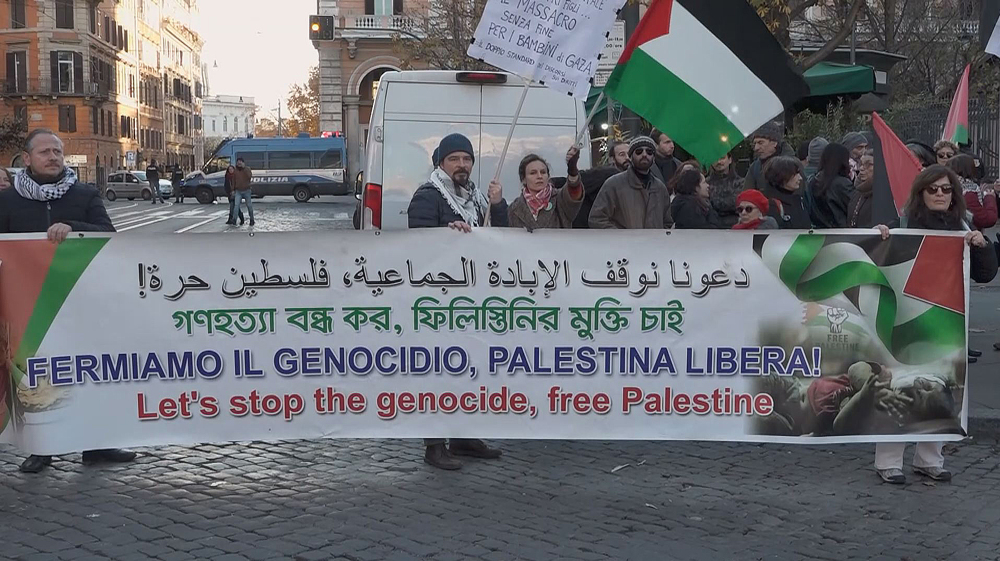Macron declares ‘end of abundance’ for France over Ukraine
Ramin Mazaheri
Press TV, Paris
French President Emmanuel Macron has shocked many around the world with several speeches that describe a bleak future for France and Europe, and one which is mostly produced by their commitment to long-term sanctions on Russia over the unrest in Ukraine.
Macron said the West was at “a tipping point or great upheaval”, which demands “sacrifices”, and that he sees the once-rich West now living in an era defined by “the end of abundance”.
Macron may be paving the way for more far-right economic austerity policies this autumn; or he may be admitting that anti-Russia sanctions have backfired dramatically against Europe; or he may be honestly summarizing the combined effects of crises regarding energy shortages, inflation, drought, over a lost decade of low economic growth, a weakened currency, a divided national parliament and an increasingly divided pan-European project.
Many say the demands for belt-tightening are poorly timed: this month France’s CAC 40 stock exchange recorded its most profitable economic quarter ever, so there is definitely no “end of abundance” for the stockholding class. The government announced this week that caps on energy and gas prices will end after this autumn, exposing the working-poor class to dramatic instability.
If Macron continues to rule as if his policies have a broad popular mandate, then he’s likely to meet resistance not only in the street but also in the new parliament.
The left-wing and far-right groupings in parliament, which now hold more than 40% of seats, contain a much greater number of working-class legislators, and they are starting to complain more loudly against the sanctions on Moscow. The same phenomenon is occurring in a number of countries in the European Union. It is noteworthy, that Macron’s pessimistic analysis echoes the recent talking points of many other top European leaders.
‘All wars have rules. All of those rules have been broken’ by Israel
VIDEO | Report flags India’s violation of rights of Rohingya detainees
Turkey's foreign minister meets Syria's de facto leader in Damascus
'Next to impossible' to rescue patients from Gaza's Kamal Adwan Hospital: Director
VIDEO | Vietnam current prosperity
Report blames gasoil exports for shortage at Iranian power plants
VIDEO | Hind Rajab Foundation names Israeli war criminals vacationing after Gaza genocide
VIDEO | Australians rally for Gaza ahead of Christmas festivities









 This makes it easy to access the Press TV website
This makes it easy to access the Press TV website